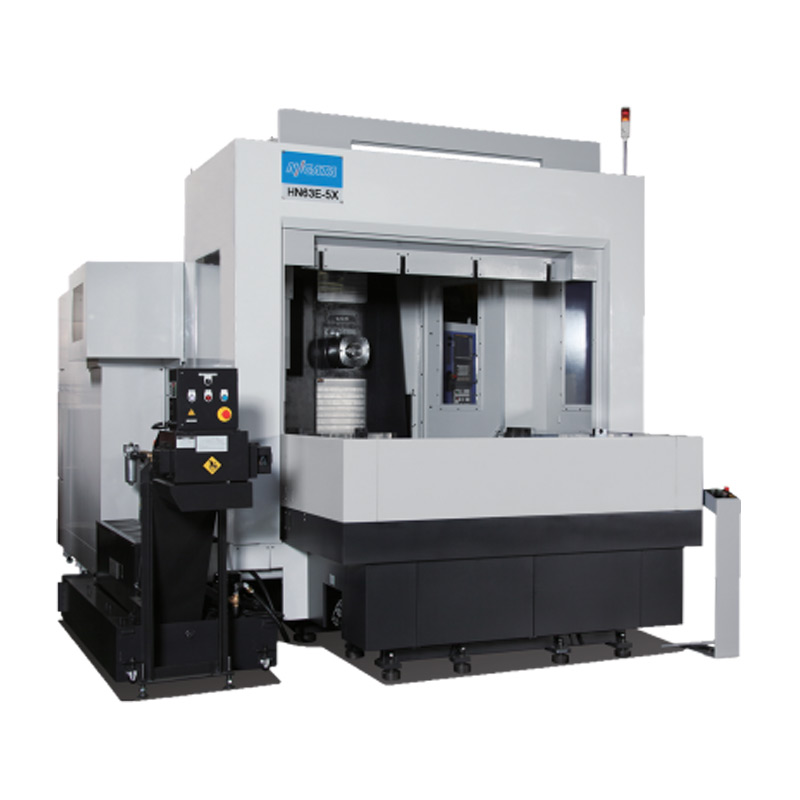car wash tunnel cost
The Economics of Car Wash Tunnel Costs
In today’s fast-paced world, maintaining the cleanliness and aesthetic appeal of automobiles is paramount for many car owners. Car wash services have become a significant industry, with various types offering unique benefits. Among these, the car wash tunnel stands out for its efficiency and high throughput. However, the costs associated with establishing and running a car wash tunnel can be substantial, and understanding these expenses is crucial for potential investors and operators.
Initial Investment
Setting up a car wash tunnel requires a considerable initial investment. This starts with purchasing or leasing a suitable piece of land. The location is of utmost importance; ideally, it should be easily accessible with high traffic volumes. Depending on the region, land costs can vary dramatically, often representing a large portion of the initial investment.
Next comes the cost of machinery and equipment. Car wash tunnels typically feature a series of automated washing systems, including conveyor belts, brushes, and high-pressure water systems. Depending on the technology and features—such as eco-friendly water recycling systems—the costs of equipment can range from tens of thousands to several hundred thousand dollars. Additionally, installation of electrical and plumbing systems must be factored into the initial budget.
Operating Costs
Once operational, car wash tunnels incur ongoing expenses that must be continuously managed. Labor costs can be significant, even though many operations are automated. Operators may need to hire staff for customer service, maintenance, and the management of the wash system.
Water and chemical supplies constitute one of the largest recurring expenses. High-quality cleaning agents and waxes are necessary to ensure a thorough wash while maintaining the quality of the vehicles. Water costs can vary based on local rates, making efficient water use and recycling systems essential for keeping expenses manageable.
car wash tunnel cost

Routine maintenance of the equipment is also key to sustaining operations. Regular servicing helps to avoid costly repairs and downtime. Furthermore, investment in marketing and promotions cannot be overlooked, especially when launching the business, to attract customers and build a loyal client base.
Revenue Generation
While the costs associated with car wash tunnels can be significant, they also have the potential for substantial revenue generation. The speed and efficiency of a car wash tunnel allow for a high volume of cars to be serviced in a short period. Many tunnels can wash upwards of 100 vehicles an hour, depending on the location and demand.
Pricing structures can vary, offering customers a range of options from basic washes to premium packages that include waxing and detailing. Membership models are also becoming popular, where customers pay a fixed monthly fee for unlimited washes, providing steady income and customer retention.
Moreover, ancillary services such as vacuuming, detailing, and convenience stores can further enhance revenue streams. Many car wash operators are moving towards creating a full-service experience, thereby attracting more customers and increasing overall profitability.
Conclusion
In summary, the costs associated with car wash tunnels include initial investments in land, equipment, and setup, alongside ongoing operational expenses like labor, supplies, and maintenance. However, with the right management and marketing strategies, the potential for profitability is significant. As consumer preferences continue to shift towards convenience and eco-consciousness, investing in an efficient car wash tunnel can be both a lucrative business venture and a valuable service to the community. For those considering this industry, understanding the cost breakdown is essential for making informed decisions and ensuring long-term success.
-
Car Wash Equipment – Durable, Efficient, Pro-Grade SystemsNewsNov.10,2025
-
automatic car washing machine price list: Fast ROI, Low CostNewsNov.10,2025
-
Car Wash Tunnel Design for High Throughput, ROI & UptimeNewsNov.10,2025
-
Car Wash Tunnel Design | High Throughput & Low MaintenanceNewsNov.10,2025
-
Automatic Car Washing Machine Price List - Fast ROINewsNov.10,2025
-
Car Wash Tunnel Design: High Throughput, Custom & DurableNewsOct.27,2025




